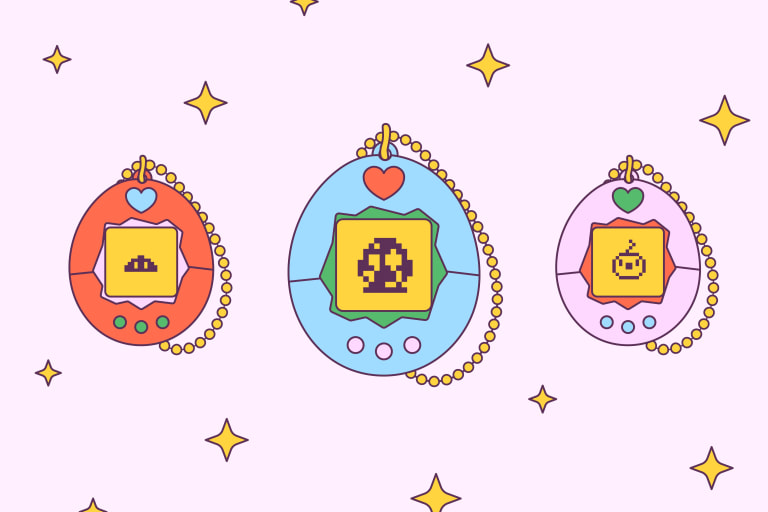
Your 39-Week-Old Baby
Your baby isn’t just moving anymore. They’re headed somewhere and usually toward whatever they’re not supposed to touch.

If you've noticed your baby suddenly launching themselves toward the coffee table or couch with impressive determination, welcome to the pulling-up phase. This is when sitting babies become standing babies—or at least, babies who are very motivated to try.
At 39 weeks, your little one is building serious strength and coordination as they work toward standing and taking their first steps. This week, we're talking to Dr. Chris Klunk, a board-certified neonatologist with Pediatrix Medical Group, about how pulling up and cruising develop, why barefoot practice matters and what comes next as your baby becomes more mobile and purposeful in their movements.
🚼 Baby’s Development
Pulling Up and Early Cruising
Dr. Klunk says that pulling up to stand is a major developmental leap that builds on everything your baby has learned so far. Your baby’s progressing from sitting to pulling-to-stand and then on to cruising is “the natural building of one skill on top of another. Sitting requires more head control, core muscle strength, balance and coordination than lying. Pulling-to-stand requires more of each of those with an additional amount of planning," he explains.
The mental and physical coordination involved is significant. Your baby has to spot something stable, get themselves close enough to grab it, use their upper body strength to pull themselves up, get their feet positioned underneath them, push up with their legs—and then figure out how to get back down safely, which is often the trickiest part.
Once they've mastered pulling up, many babies start "cruising"—sidestepping along furniture while holding on for support. And it’s pretty fun to witness. Some babies cruise before they crawl, which can surprise parents who expected crawling to come first. But there's no required order: every baby charts their own course through these motor milestones.
Why Barefoot Is Best Right Now
As your baby practices these new skills, you might wonder whether they need little shoes for support. The answer: probably not yet—at least not indoors.
Dr. Klunk points to several reasons why barefoot time matters during this stage. First, shoes (while necessary for safety outdoors) may impact the normal development and growth of the foot, especially the arch. Second, shoes give babies something to trip over and reduce their ability to feel the ground beneath them, potentially making balance harder. "Third," Dr. Klunk adds, "baby feet are kind of adorable."
Let your baby practice pulling up and cruising barefoot (or in non-slip socks) as much as possible. Their toes can grip the floor, they can feel different textures and surfaces, and they'll develop the foot strength and coordination they need for walking without unnecessary bulk getting in the way.
👀 Looking Ahead
Problem solving + Pincer Grasp: Your baby's movements are about to get even more purposeful—next week, we'll talk about how they use problem-solving skills to get what they want and how the pincer grasp changes their ability to explore.
Expert Sources
Babylist content uses high-quality subject matter experts to provide accurate and reliable information to our users. Sources for this story include:
Dr. Chris Klunk, board-certified neonatologist at Pediatrix Medical Group
